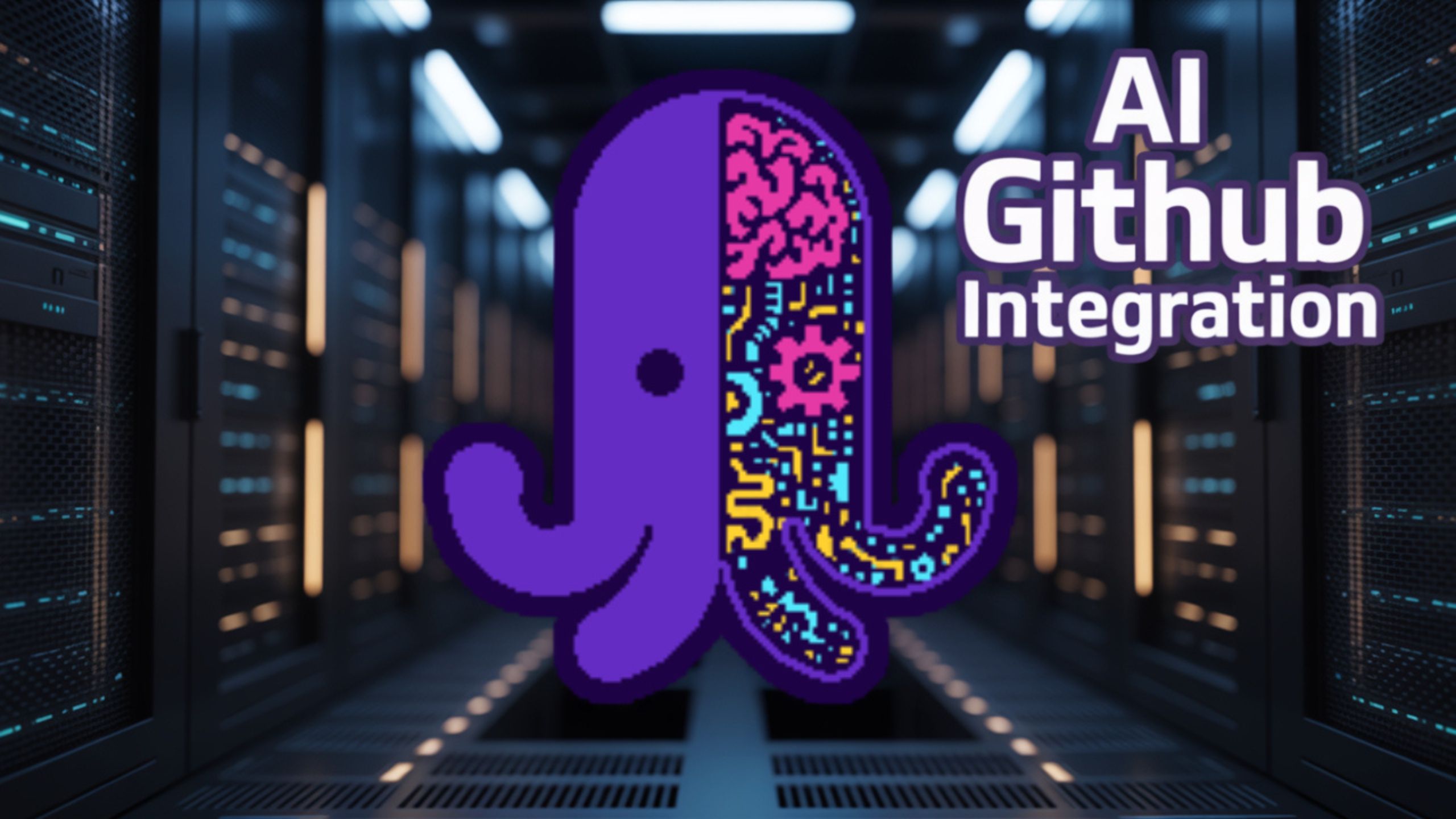Google Jules AI- Integrate it with GitHub– Google has unveiled Jules AI, a groundbreaking AI-powered coding assistant engineered to revolutionise software development. Backed by the power of Gemini 2.5 Pro, Google’s most advanced multimodal large language model, Jules AI promises a new era of asynchronous development, automated code handling, and seamless GitHub integration. From writing unit tests to solving bugs and managing complex code refactoring, Jules AI is a tireless partner within your dev pipeline.
Understanding Google Jules AI: A New Paradigm in Software Development
Google Jules AI is more than just a code suggestion tool. It’s an autonomous AI coding agent capable of understanding, modifying, and enhancing your complete codebase in a virtualised environment. Unlike traditional tools like Copilot or TabNine, which operate within IDE sandboxes, Jules AI clones your entire repository into a Google Cloud VM, performs deep analysis, executes tasks, and returns with detailed diffs and reasoning.
Key capabilities include:
- Bug fixing
- Test creation
- Dependency upgrades
- Feature implementation
- Multimodal input understanding
- Voice changelog generation
This design enables developers to delegate workflows to Jules and shift focus to strategic engineering decisions.
How Jules AI Works Behind the Scenes
The architecture behind Jules ensures security, autonomy, and scalability. Here’s a look into the core workflow:
- Secure Code Cloning: Jules clones your GitHub repo into an isolated Google Cloud VM. Your code remains private and secure.
- Task Assignment: Developers can specify tasks such as “write integration tests for module X” or “update React version.”
- Execution: Jules asynchronously executes the tasks, often in parallel if multiple agents are deployed.
- Review and Steerability: Developers receive a full plan and can adjust or guide the AI midway.
- Result Delivery: Jules returns with a summary, code diff, rationale, and audio changelogs.
This asynchronous model is perfect for larger teams managing legacy codebases or fast-moving feature sprints.
How to Integrate Jules AI with GitHub
Integrating Google Jules AI with GitHub is designed to be seamless. Here’s how to do it in a few simple steps:
Step 1: Set Up Google Cloud Access
- Ensure you have a Google Cloud project with billing enabled.
- Navigate to Google AI Studio, where Jules is managed.
- Authorise the required permissions to access Google Cloud and GitHub.
Step 2: Connect Your GitHub Repository
- Link your GitHub account via OAuth or a Personal Access Token (PAT).
- Grant repository-level access.
- Select the target repository from the dashboard.
- Jules clones the full repo (not just a single file or directory) into its secure VM.
Step 3: Assign Coding Tasks
- Use predefined task templates or type natural language commands like:
- “Fix all ESLint issues in the frontend folder”
- “Write unit tests for login.js”
- “Add dark mode support to the settings page”
- You can customise AI steerability at each task level to maintain control.
Step 4: Review Outputs
- Jules submits a task summary, code diff, and rationale document for approval.
- You can accept, modify, or re-run tasks as needed.
- It also opens draft PRs in GitHub and is ready for review.
Key Features That Make Jules AI Stand Out
Multimodal Reasoning
Jules leverages Gemini 2.5 Pro to understand code, voice, images, and text. Developers can feed design screenshots or API diagrams, and Jules will convert them into usable code structures.
Steerable AI Agents
Unlike rigid LLMs, Jules allows mid-task intervention. Developers can pause execution, revise the plan, and resume — creating a feedback loop that improves reliability.
Audio Changelogs
Jules can generate human-like summaries of changes in voice format, streamlining standups and sprint planning.
Parallel Task Execution
Multiple tasks can be run in parallel in separate cloud containers, drastically reducing delivery times for large projects.
Privacy and Security Measures
Privacy is a core pillar of Jules’ design. Google emphasises:
- Private by default: Jules does not train on your code.
- Secure cloud environments: Your data lives in isolated VMs.
- Granular access control: Repositories and branch access can be fully configured.
These policies ensure enterprise-grade security across industries.
Plans and Pricing for Google Jules AI
Google offers Jules in three structured tiers catering to varied user needs:
1. Introductory Access Tier
- Best for exploring Jules’ capabilities.
- Limited to a few tasks/day.
- Great for hobbyists or initial trials.
2. Google AI Pro Tier
- 5x the task limits.
- Designed for daily coding tasks.
- Includes enhanced GitHub integration and priority task queues.
- Free 1-year access for eligible students.
3. Google AI Ultra Tier
- 20x the limits of the base tier.
- Tailored for enterprise teams and multi-agent task flows.
- Supports parallel tasking, bulk code reviews, and deeper cloud integrations.
Real-World Use Cases of Jules AI
During its beta, over 140,000 public code changes were made through Jules. Here’s where it’s proving highly effective:
- Legacy Codebase Modernisation: Migrate old frameworks or update outdated dependencies with zero manual overhead.
- Automated Testing: Achieve near 100% code coverage by letting Jules generate tests from functional code.
- Sprint Acceleration: Use Jules to build MVP features rapidly, reducing time-to-market.
- Student Learning: Perfect for CS students learning testing, debugging, and modern coding practices.
Wrap Up: Is Jules AI the Future of Coding?
Jules AI marks a significant leap from assistive code suggestions to full-fledged AI development agents. Its deep GitHub integration, task autonomy, asynchronous model, and scalable cloud VMs position it as a strategic tool in modern software development. Whether you’re a solo dev, a startup, or an enterprise team, adopting Jules can dramatically improve productivity, quality, and delivery timelines.
If you’re ready to embrace the future of development, integrating Jules AI with GitHub should be your next move.

Selva Ganesh is a Computer Science Engineer, Android Developer, and Tech Enthusiast. As the Chief Editor of this blog, he brings over 10 years of experience in Android development and professional blogging. He has completed multiple courses under the Google News Initiative, enhancing his expertise in digital journalism and content accuracy. Selva also manages Android Infotech, a globally recognized platform known for its practical, solution-focused articles that help users resolve Android-related issues.





Leave a Reply